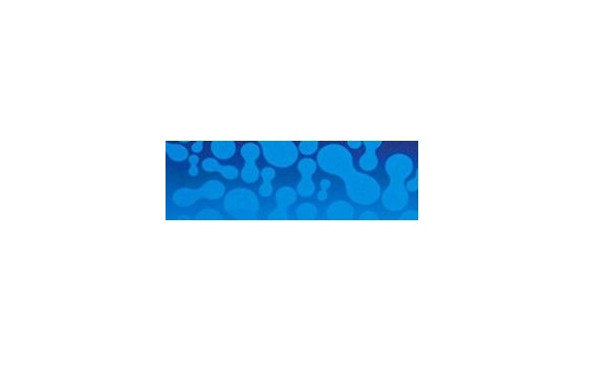Description
Recombinant Rat CLEC4F/CLECSF13 Protein | PKSR030313 | Gentaur US, UK & Europe Disrtribition
Synonyms: CLEC4F;Clecsf13;Kclr
Active Protein: N/A
Activity: A DNA sequence encoding the rat CLEC4F(NP_446205.1) (Arg70-Ser550) was expressed with two additional amino acids (Gly & Pro) at the N-terminus.
Protein Construction: A DNA sequence encoding the rat CLEC4F(NP_446205.1) (Arg70-Ser550) was expressed with two additional amino acids (Gly & Pro) at the N-terminus.
Fusion Tag: N/A
Species: Rat
Expressed Host: HEK293 Cells
Shipping: This product is provided as lyophilized powder which is shipped with ice packs.
Purity: > 95 % as determined by reducing SDS-PAGE.
Endotoxin: < 1.0 EU per μg of the protein as determined by the LAL method
Stability and Storage: Generally, lyophilized proteins are stable for up to 12 months when stored at -20 to -80℃. Reconstituted protein solution can be stored at 4-8℃ for 2-7 days. Aliquots of reconstituted samples are stable at < -20℃ for 3 months.
Molecular Mass: 53.7 kDa
Formulation: Lyophilized from sterile PBS, pH 7.4
Reconstitution: Please refer to the printed manual for detailed information.
Background: CLEC4F, a member of C-type lectins, was firstly purified from rat liver extract with high binding affinity to fucose, galactose and N-acetylgalactosamine, and un-sialylated glucosphingolipids with GalNAc or Gal terminus. However, the biological functions of CLEC4F have not been elucidated. Histochemical staining showed that mouse CLEC4F(mCLEC4F) is only expressed on F4/80+ cells localized in liver, and is undetectable in bone marrow, spleen, lymph nodes, or other tissues in adult mice. However, mCLEC4F is detected in the liver of embryonic day 11.5 (E11.5), which is 1.5 day earlier than the formation of liver (E10) and is 3.5 day earlier than the formation of bone marrow (E15-16). Moreover, recombinant mCLEC4F.Fc binds to alpha-galactoceramide in a Ca++-dependent manner, and both galactose and ceramide can partially inhibit CLEC4F.Fc binding to alpha-galactoceramide. Interestingly, mCLEC4F-deficient (mCEC4F k/o) mice produced far less cytokines than wild type littermates after intravenous injection ofalpha-galactoceramide. This suggests that mCLEC4F is not only a specific marker for Kupffer cells, but is also critical for the presentation of glycolipid antigen to NKT cells.
Research Area: N/A






